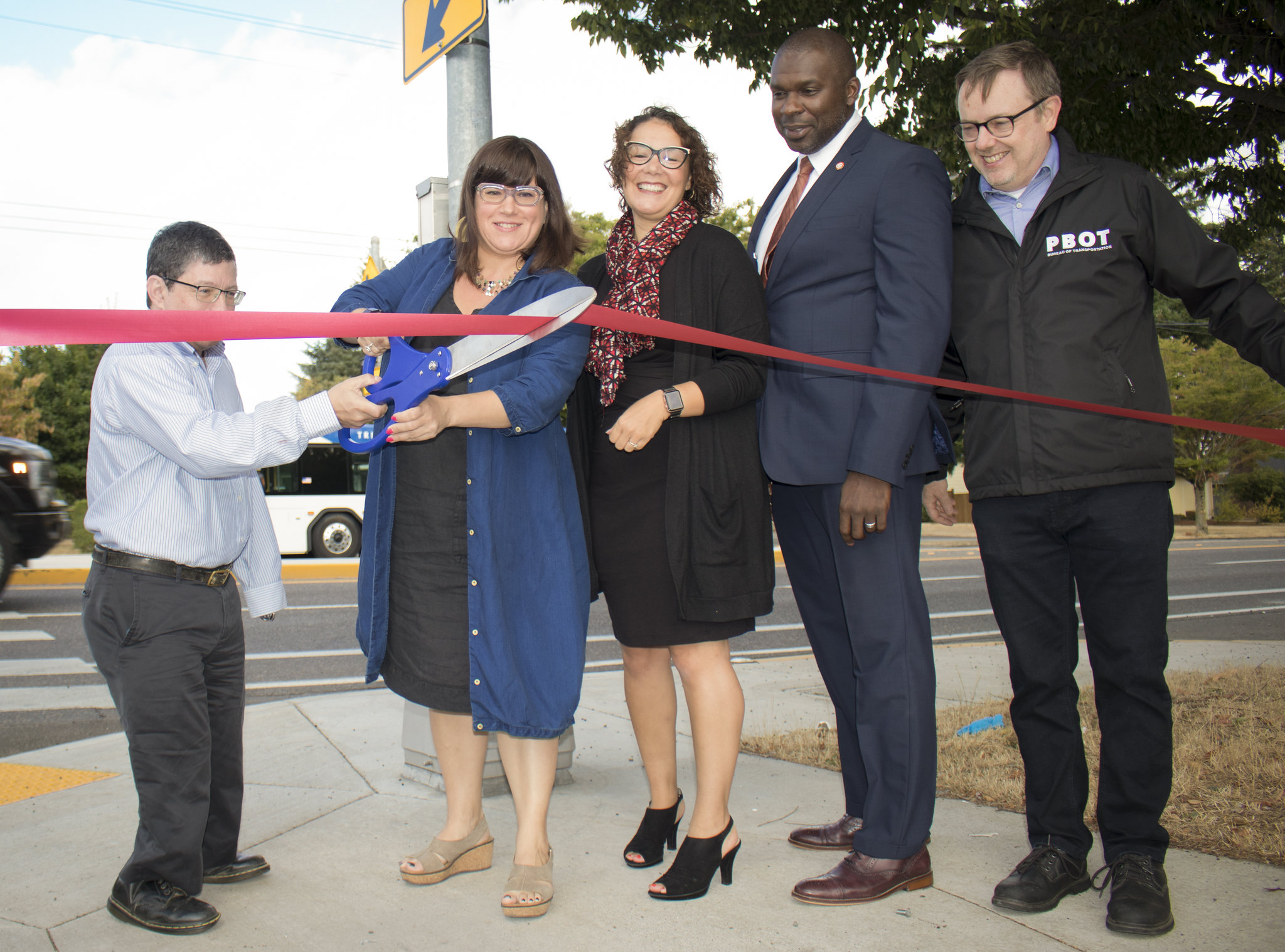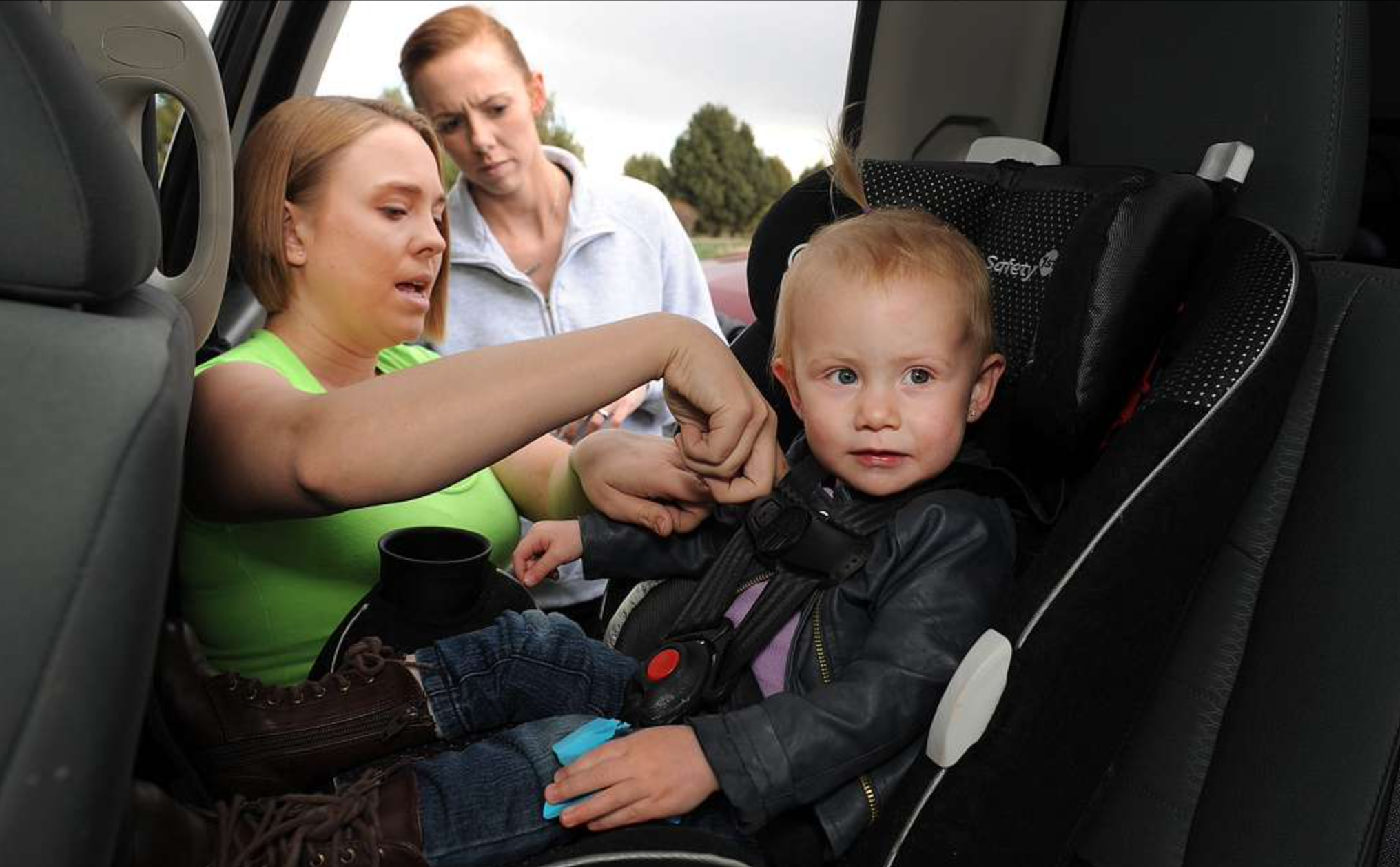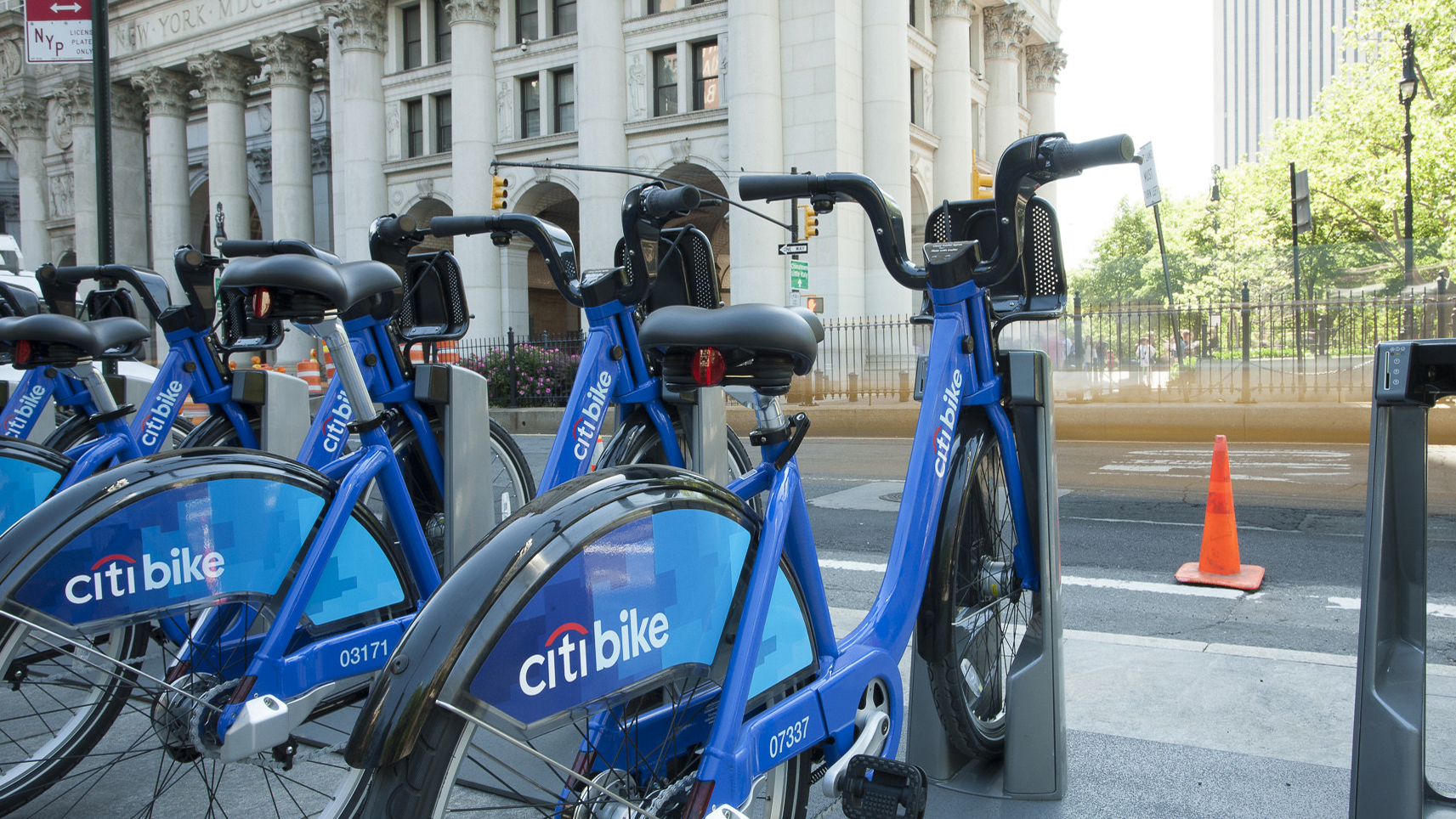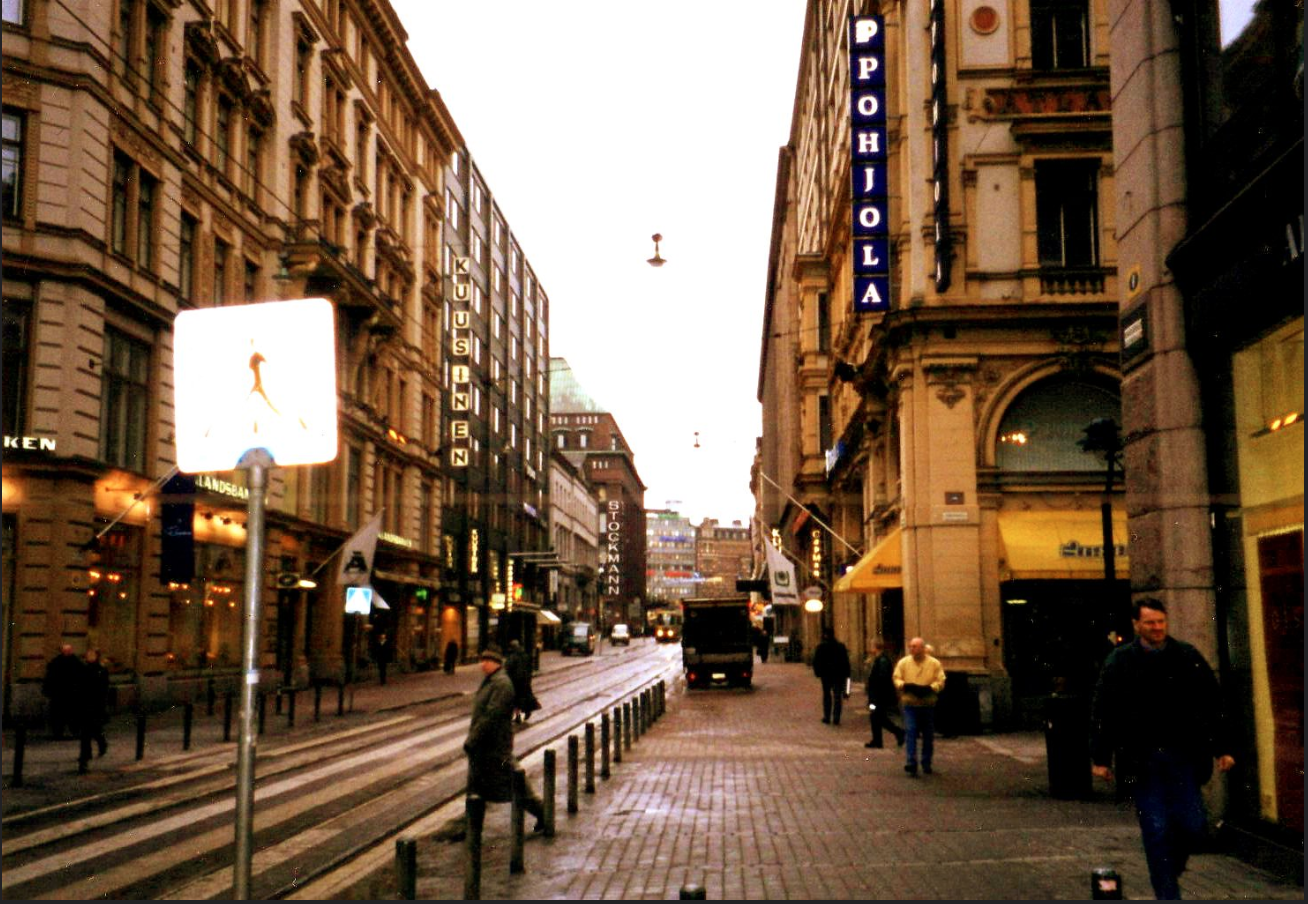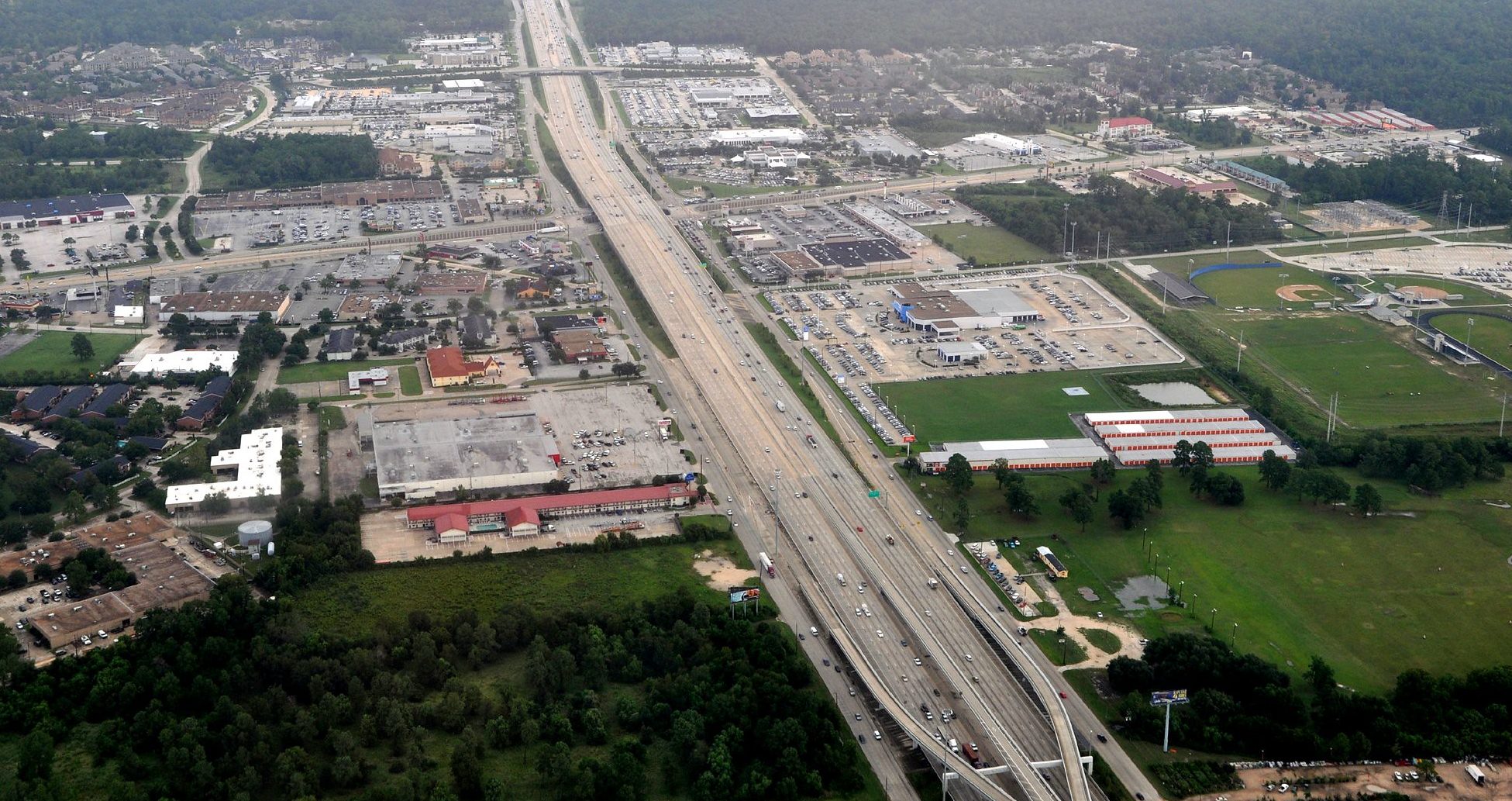You know and already loathe minimum parking requirements — but what about minimum bike parking requirements?
The Portland City Council approved changes to its zoning code Wednesday mandating developers of large new buildings to provide space for residents to store their bicycles, tricycles, and e-bikes in one of the most cycling-friendly land use efforts in any major U.S. city to date. The new code will go into effect in March.
“This code change was truly a collaborative effort. It creates and provides the opportunity for safe, accessible and secure bike parking as our city grows,” Portland Mayor Ted Wheeler said in a statement. “It’s a win for the climate, it’s a win for mobility and it’s a win for equity.”
The Rose City ordinance will require buildings larger than 12 units offer a dedicated room spacious enough to store bikes for half the residents. Each bike room must also be covered to protect the two-wheelers and contain electrical outlets, lighting, and racks to secure them safely. Buildings with 12 units or fewer can still add bike parking in apartments, a change from an earlier draft of the parking code which banned bike parking from smaller buildings altogether.
The bicycle parking regulations passed 4-0 despite opposition from real estate owners who argued the zoning changes would increase costs and reduce the number of units. Affordable housing leaders in Portland also raised concerns that the measure meant some housing units would be sacrificed for bike storage, but the city Bureau of Planning and Sustainability estimated that new buildings might lose a unit in some cases.
But the measure's most important attribute is that it would provide safe spaces for bicycles and encourage residents to use them more often instead of driving.
City leaders had set a goal of getting Portlandians to cycle to work 25 percent of the time by 2035, but recognized that zoning codes, which had not been updated since 1996, discouraged residents from riding more frequently because there were few places to store their bikes safely.
Changing car culture in bike-friendly Portland is still a challenge. The Portland City Council waived minimum parking requirements for new developments three years ago but more than 70 percent of commuters drove to work alone while only 6.5 percent took transit and 2.6 percent biked, according to 2014 US Census data. And nearly 45 percent of all trips taken with a car in the Portland area were less than three miles, according to a 2011 study.
Bike commuting has ticked up slightly since then to 6.3 percent, but that figure has stayed flat in 2016 and 2017, Bike Portland reported.
Portland Bureau of Transportation Commissioner Chloe Eudaly believes the new zoning regulations and the city's plan to build 75 miles of bike facilities over the next five years will get more people onto their saddles.
"The availability and design of bicycle parking has a real impact on whether people can choose to use a bike to travel around Portland or not," Eudaly said at a Council meeting. "We can’t expect people to replace car trips with bike trips if they don’t have an easily accessible place to store their bike securely.”
